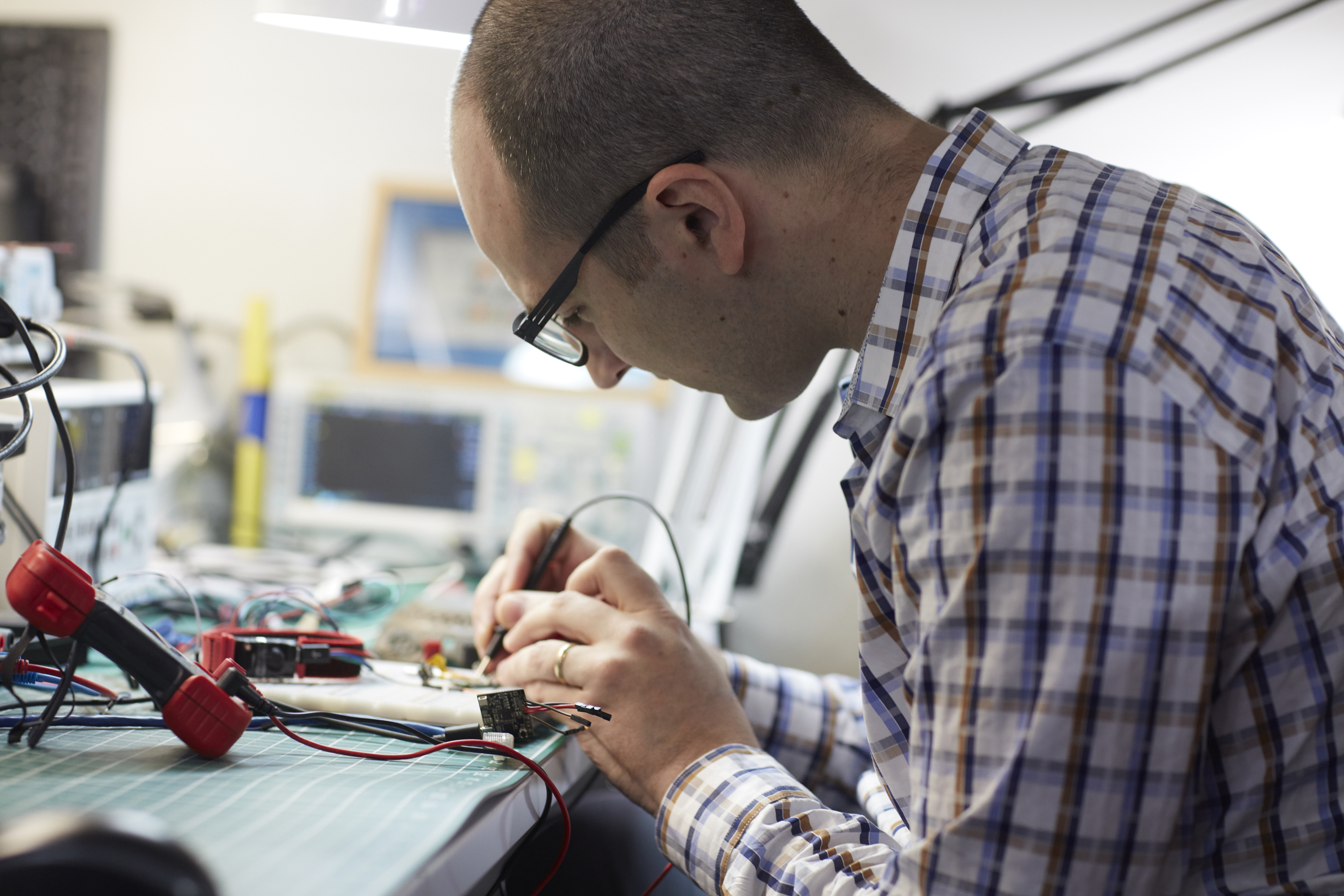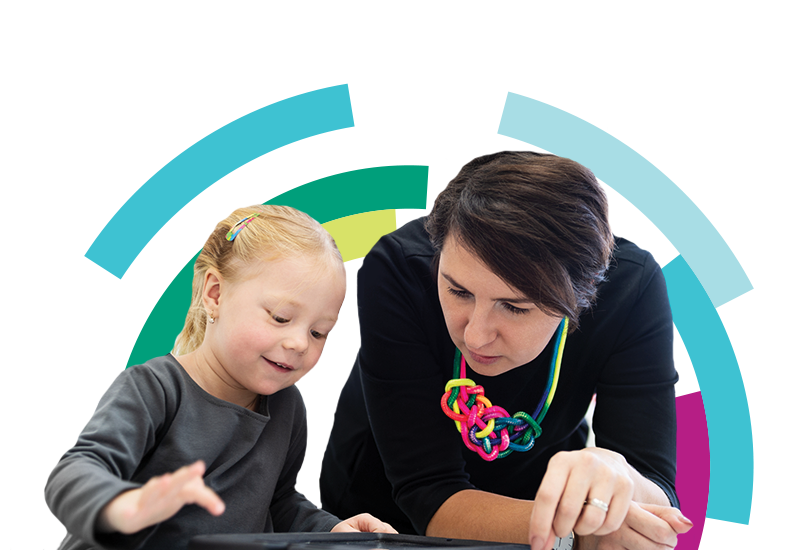Science
Center for Product Development
Developing evidence-based digital products to support children’s mental health and learning challenges.
Products in Development
We are currently pursuing numerous tools as part of the Next Generation Digital Therapeutics partnership with the State of California. These priorities are based on years of research into the types of digital solutions that would have the greatest impact.
MindLogger
Mindlogger is a simple, no-code platform that empowers mental health researchers to collect and analyze behavioral and physiological data from large, distributed, and diverse populations anytime, anywhere.

Mirror: AI-enhanced journaling
We are exploring a clinically informed journaling app that gives teens a safe and private space to get in tune with their emotions and express their thoughts and feelings. Our mission is to support adolescents experiencing depression with tools based in clinical practice, supporting emotional regulation for teenagers who may not otherwise have access to mental health support.

Kandoo: AR-enhanced behavior activation
We believe augmented reality offers a new modality for treating depression. Our work combines the proven methods of Behavior Activation with compelling gameplay elements to make treatment engaging for teenagers. Through reinforcement mechanics, augmented reality, and map-based gameplay, we are learning how patients can reduce their depression symptoms and do more of what matters most to them.

Innovative AI approaches
We are applying state-of-the-art AI approaches across numerous domains. By extracting meaningful information for clinicians from the various data we collect — photos, videos, biometrics, surveys, voice, and more — objective evidence of their patients' day-to-day mental health status emerges. Leveraging large language models (LLMs) may reduce bottlenecks in clinical report writing, improve diagnostic consistency, and facilitate tailored support for participants with mental health conditions.

